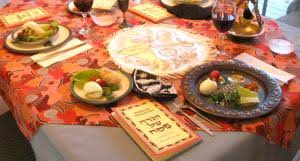Emunah, Bitachon, and the “Shidduch Crisis”

?Now, three years after a new plague first appeared, we are learning that Covid is most likely a man-made problem that was created in the (partially) U.S.-funded Wuhan Lab in China. Covid spawned an industry of “experts” touting various precautions, treatments, suggested remedies, and vaccines. As time goes on, we are realizing that certain of these precautions, treatments, and remedies are ineffective, and in some cases dangerous – and that certain treatments and remedies that might have been effective were blacklisted. We are also asking ourselves who really is an expert?
















